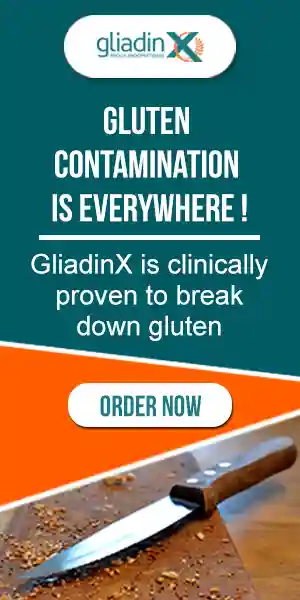-
Welcome to Celiac.com!
You have found your celiac tribe! Join us and ask questions in our forum, share your story, and connect with others.
-
Get Celiac.com Updates:Support Our Content
GliadinX available
-
Get Celiac.com Updates:Support Celiac.com:
-
Recent Activity
-
- Scott Adams replied to thejayland10's topic in Post Diagnosis, Recovery & Treatment of Celiac Disease10
Recent blood test results check in - TTG- IGA
Most likely cross-contamination I believe. -
- cristiana replied to jnstefan's topic in Post Diagnosis, Recovery & Treatment of Celiac Disease2
How long after being diagnosed with Celiac do you feel better?
I think it takes different people different amounts of time, but in my own case I had pain, bloating and loose stools for some time, exacerbated by a lactose intolerance, which eventually went. I would say the really bad diarrhea got better quite quickly, but the bloating pain carried on for a few months, until I was told to give up lactose for a few weeks... -
- knitty kitty replied to Iris Kraft's topic in Gluten-Free Foods, Products, Shopping & Medications21
Inhaler problem
Hello, The medication in these inhalers can cause a thiamine deficiency if used by someone already low in thiamine. We don't absorb sufficient amounts of vitamins and minerals due to the inflammation and damage done to our villi in Celiac Disease. Even a long term strict gluten free diet may not provide sufficient amounts of vitamins and minerals...
-













Recommended Posts
Create an account or sign in to comment
You need to be a member in order to leave a comment
Create an account
Sign up for a new account in our community. It's easy!
Register a new accountSign in
Already have an account? Sign in here.
Sign In Now